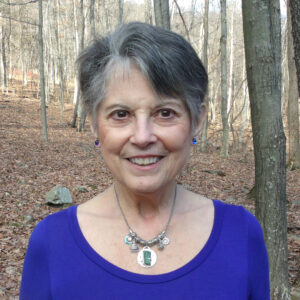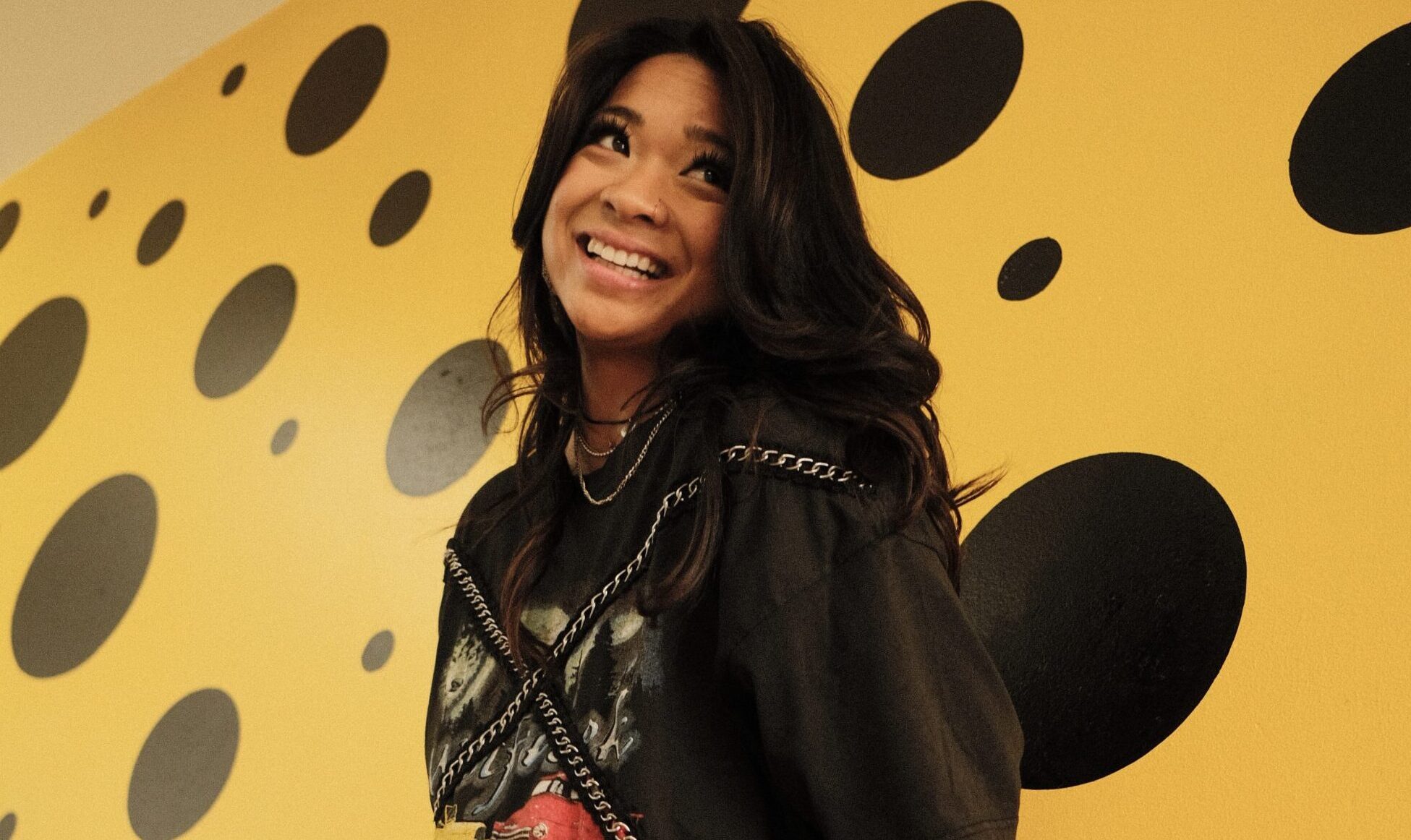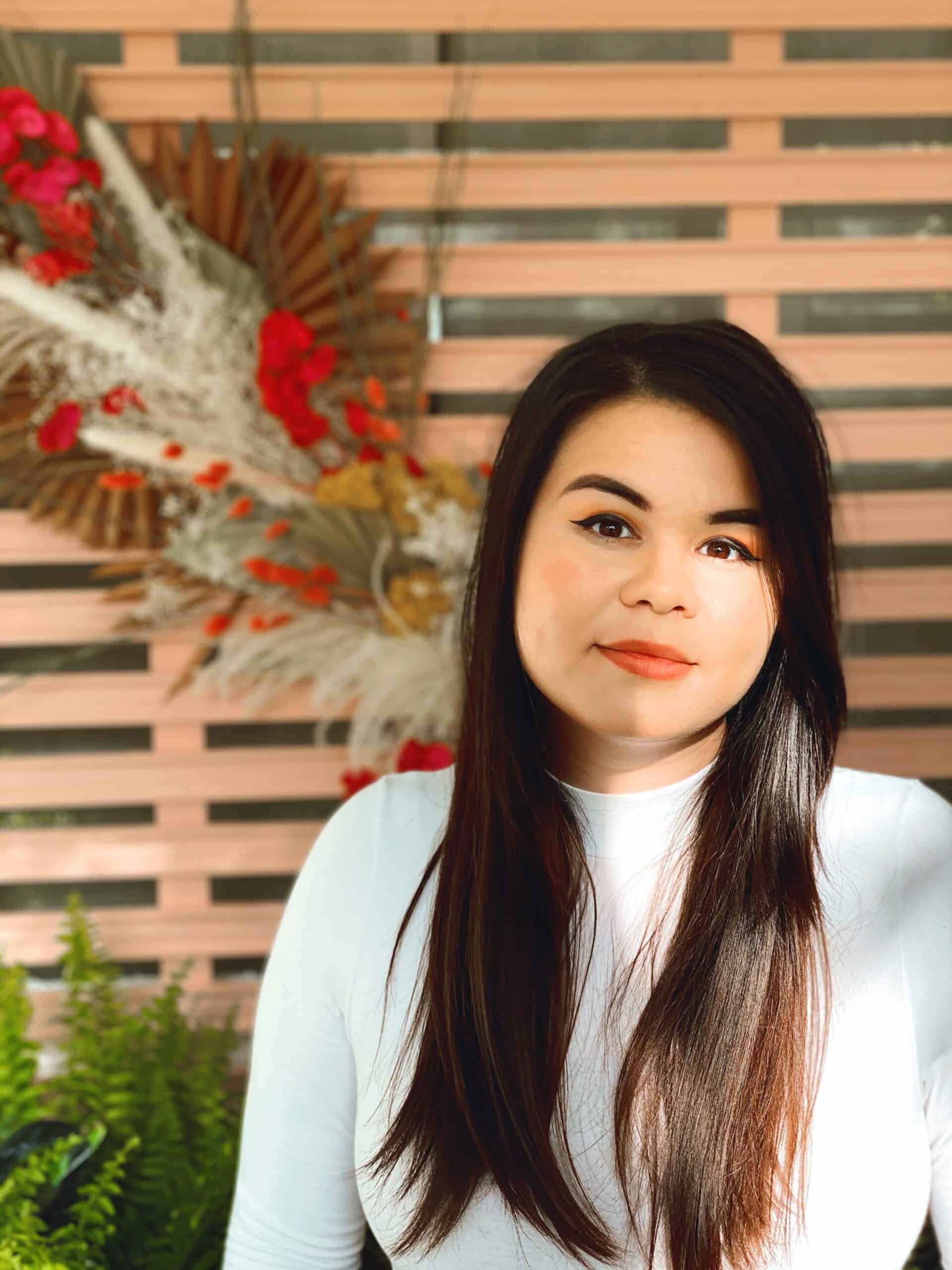In a world where modern-day slavery persists, Staci Kleinsasser emerges as a beacon of hope and action. From a chance encounter at a convention to penning powerful narratives, Staci’s mission against human trafficking has evolved into a compelling journey of awareness and healing. Through her books, Waves of Redemption and its upcoming sequel, Liberation, she weaves narratives that illuminate the shadows of trafficking while offering pathways to redemption and restoration. Join us as we delve into Staci’s inspirations, challenges, and unwavering commitment to shedding light on one of humanity’s darkest realities.

Can you share a bit about your personal journey that led you to become passionate about fighting human trafficking?
I was thirteen years old, walking through the exhibit hall of a convention that I was attending in Phoenix, Arizona. There was a booth for an organization that sends rescue missions to rescue people from human trafficking—specifically girls my age at this time who are forced into the sex industry. Up until this point, I had no idea such a horror existed. By the time I turned 17, I had done extensive research on the topic with a burden on my heart to end human trafficking in every form—and there are many forms including labor, forced marriage, forced begging, child soldiers, and the largest of them all, the sex industry, which includes the pornography industry. That summer, I attended another conference in Louisville, Kentucky. We went to the mall during some free time where I was put in charge of a handful of 14– and 15–year–old girls where we were followed through two different stores by suspicious-acting men. That was the moment where this fight really became real to me. Almost personal..This doesn’t just happen in other countries. It happens in the States. It’s everywhere.
What challenges did you face while writing “Waves of Redemption,” especially considering the heavy subject matter?
The biggest challenge that I faced while writing Waves of Redemption, and now with the second book in my duology, Liberation, is with thoughts like, “Will anyone even want to read this?” “Is it too heavy? Too real? Too gritty?” “What if this doesn’t help anyone?” You know what they say. “You’re your own worst critic.” But I truly believe that God gave me this story, and that He wants to use it to bring healing to the hurting. Through the writing process, I sent my manuscript to Apha readers, Beta readers, and ARC readers. Already, I have heard stories of healing and restoration. This alone has spurred me on to write book 2.

How did you find inspiration and motivation to continue working on your duology, “Liberation,” despite any obstacles you encountered?
You could say the inspiration came from my desire to see modern day slavery abolished, and this would be true. But what motivates me to continue drafting through really difficult scenes and hard topics is keeping in mind for whom I am writing this. I truly believe that these books contain a message that comes directly from the heart of God, and I am merely the vessel that He chose to use. So I continue on, determined to tell the girl who struggles with her identity that she is known. To tell the girl who feels like she’s never enough that she has more to offer than she can even imagine. To tell the girl who fears rejection that she is loved and cherished. To tell the girl whose definition of love has been twisted by people that a love of the purest kind does exist, and it is within her reach.
Can you talk about a specific moment or experience that was particularly impactful in shaping your perspective on human trafficking?
There are an estimated 50 million people enslaved today, more than ever before in history. 1 in 4 victims are children. Human Trafficking generates an average of $150 billion every year. Less than 1% of victims are ever found. It affects every country. And I guarantee you that it’s happening in your neighborhood.
I have known these statistics for years, but my perspective really changed when I learned that I know people who have been directly affected by this epidemic. It became personal for me. Then I became the mother of our sweet boy nearly two years ago. The thought of young boys and girls being forced into things that no person ever should be instantly woke the mama bear in me. I have fought this fight for years, but now I fight it with the hope that our children will never have to.
What lessons have you learned about perseverance and resilience through your writing and advocacy work?
My grandmother used to tell me, “Patience is a virtue,” to which I would respond with, “Well, I guess I’m not very virtuous!” Of course, being older and wiser now, I recognize the naivety of that response. Then again, I’ve always been faster to speak than think. But that saying has come back to my mind more in the past year of writing than ever before in my life. Writing a book, and especially self-publishing, takes so much more time and effort than I ever thought it would. I gave myself a thorough pat on the back for actually finishing a manuscript because I never thought I would be able to. But as I have learned throughout my almost 25 years of life, you can’t really accomplish anything of meaning by rushing. Of course I won’t be signed with my dream publisher overnight. Of course 50 million people can’t miraculously be located, freed, and healed by anything short of just that—a miracle. But if a few people learn the signs and spot trafficking… if a few people are liberated from an actual hell on earth… if just a few find the Love that redeems all… then I will be as patient as I need to be for that miracle to happen. Just as Romans 12:12 say, “Be joyful in hope, patient in affliction, and faithful in prayer.” I may not see the harvest of the seeds I sow, but then again, I don’t have to see it to believe it’s happening.
How do you balance raising awareness about such a serious issue while also maintaining hope and optimism for change?
I have been told that I am naturally too optimistic, and sometimes, I probably am. But hope is a powerful thing. Without hope, what do we have? Honestly, nothing. Now, on the flip side, I oftentimes shoulder burdens that I’m not meant to carry. And abolishing modern day slavery is a heavy burden, indeed. I also have a very black-and-white personality. If I see a wrong, you better believe I’ll call it out. Yes, this has cost more relationships than I care to count. But this also helps me be bold in my advocacy for what is morally wrong, foremost the selling of human beings. Now, balancing all of these sometimes-faults is something that I’m still learning to do. Ultimately, my hope is in Jesus. I know His heart is grieved by injustice more than mine ever will be. And He is much, much bigger than this industry. Because of this, I have not only hope, but faith that He is working to free the captives.
In what ways do you hope your book and advocacy efforts contribute to the ongoing fight against human trafficking?
Whatever is on your heart is there for a reason. I am a firm believer that by the time a reader closes a book, they should have something to take away. Reading can be more than an escape. If there is a heavy topic that you’re passionate about, I encourage you to write about it. People want to read books about things that the author is passionate about. Readers want to glimpse the author’s heart between the lines. Authors have a unique opportunity to open the eyes of their readers about subjects that they may not hear about otherwise. There are lessons that can be learned through your words, especially with heavy topics. Not everyone will connect with your work, but that’s okay. Someone out there needs to hear the story that you’re scared to write. So please, write it.
In what ways do you hope your book and advocacy efforts contribute to the ongoing fight against human trafficking?
My prayer for Waves of Redemption is that it will open people’s eyes to what human trafficking may look like in some places. It takes on a bit more of the global aspect while also bringing hope for change and healing to victims. One of the characters had been assaulted as a girl and carries that into adulthood. I also hope it gives perspective to what rescues can look like as well. Book two, which is yet untitled and still in the drafting process, takes on the view of a victim who has been trafficked for years. I pray it reveals a bit of how trafficking looks here in the US. The highest form here is familial trafficking—where victims are sold by parents, step-parent, siblings, extended family, guardians, oftentimes for drug money. Next is through significant other relationships. Abductions are rare compared to these. So, I pray that Liberation not only raises awareness, but offers hope and healing.
Can you share any upcoming projects or initiatives related to your work that you’re excited about?
I always encourage everyone to look into organizations like A21, Project Rescue, Exodus Cry, Fight The New Drug, O.U.R. Rescue, and countless others. These people are working on the front lines and have many volunteer opportunities. A21 does the Freedom Walk every October, and they also run the Can You See Me? campaign. I currently don’t have an organization that I am personally affiliated with, but I have a dream of owning a coffee shop/bookstore that is a safe space for anyone who needs help.
Website: https://www.slklein.com
Instagram: https://www.instagram.com/slklein_author







I just read your interview with Staci. Thank you for publishing it. I feel like this is such an important topic and that there aren’t enough voices being heard, that many people are shouting about it and not enough people are listening and acting. So, thank you for giving Staci a voice and making those shouts heard.
– CManley